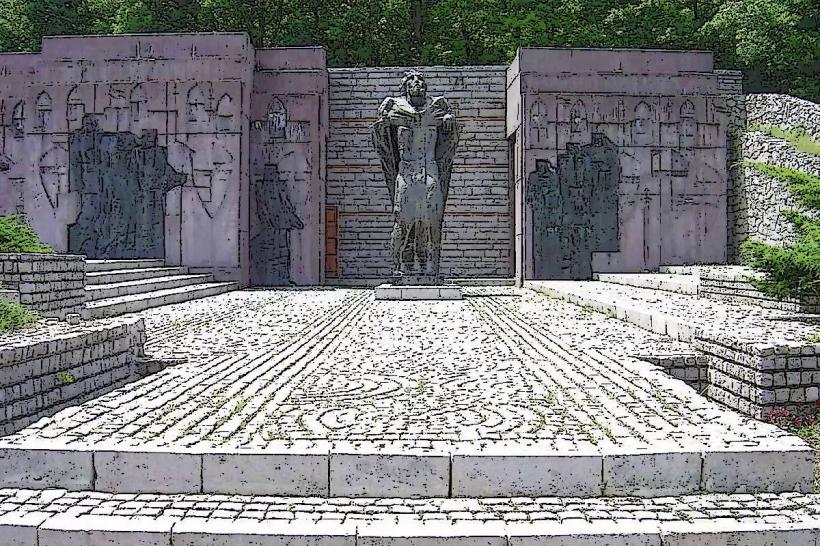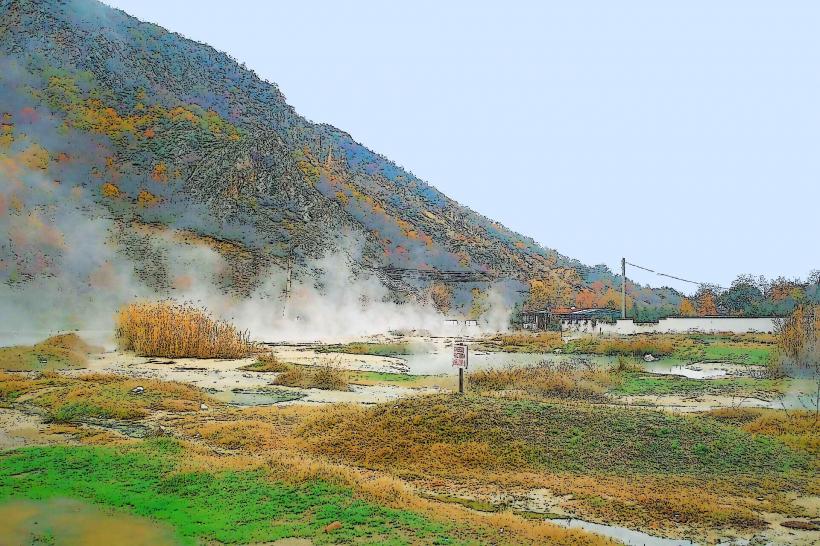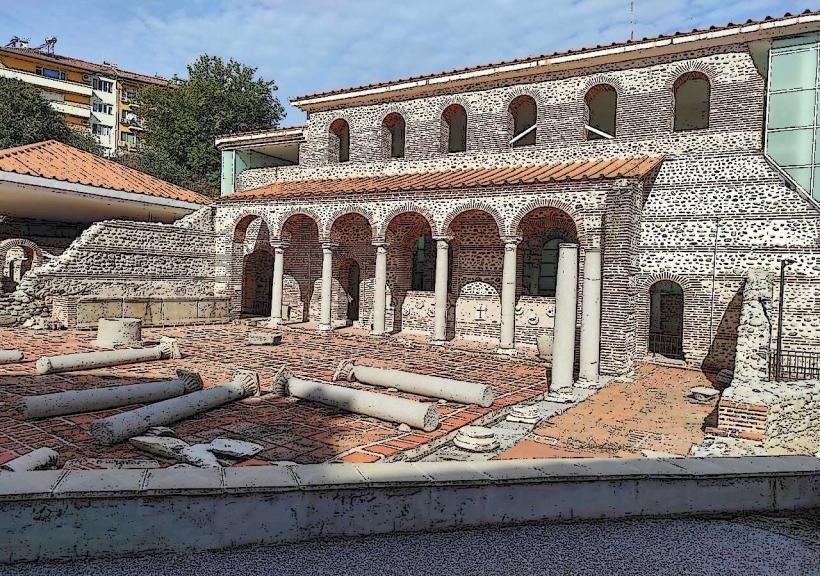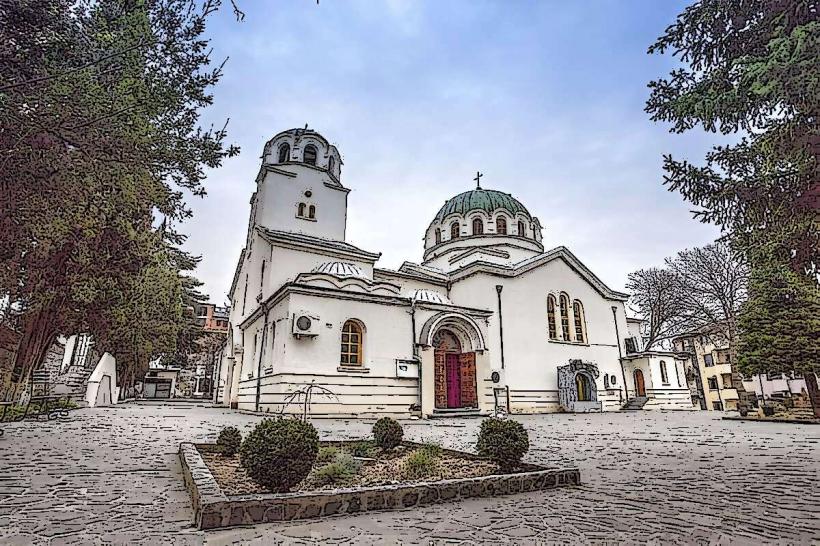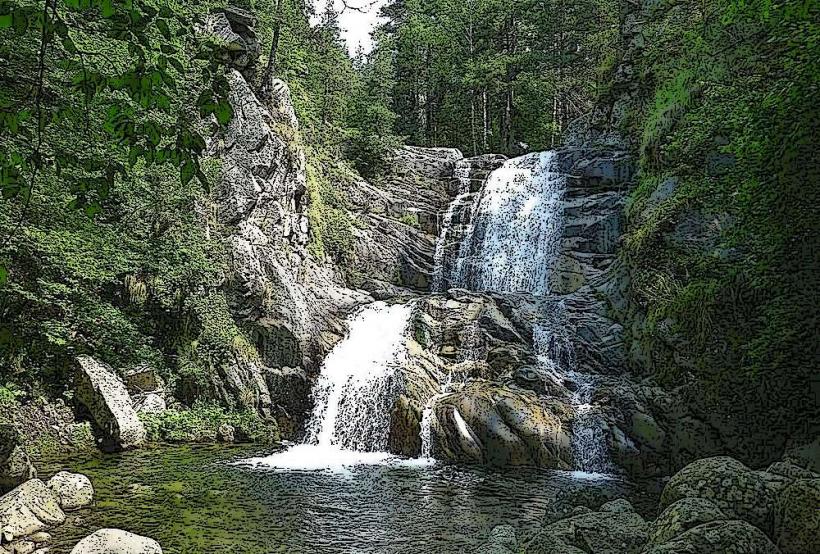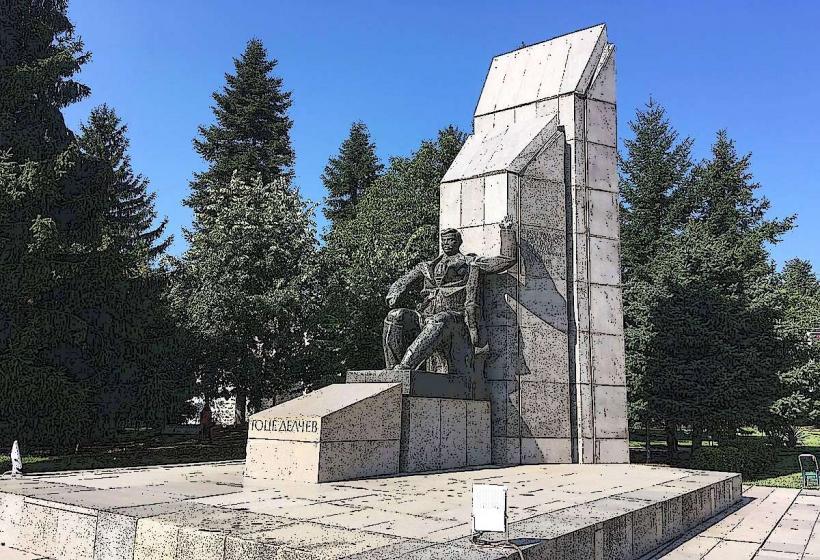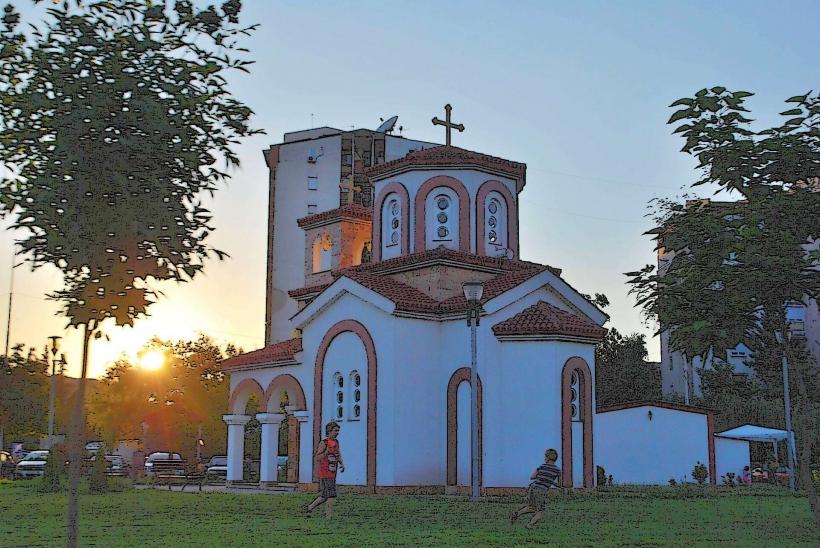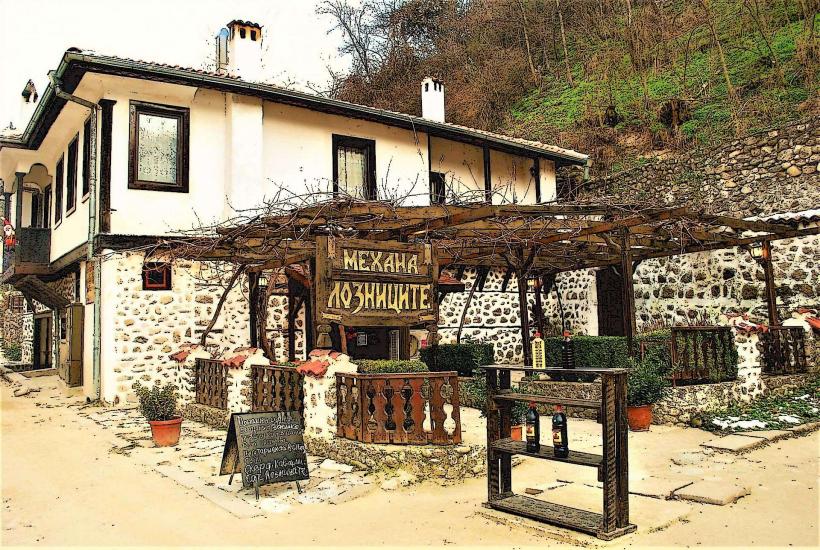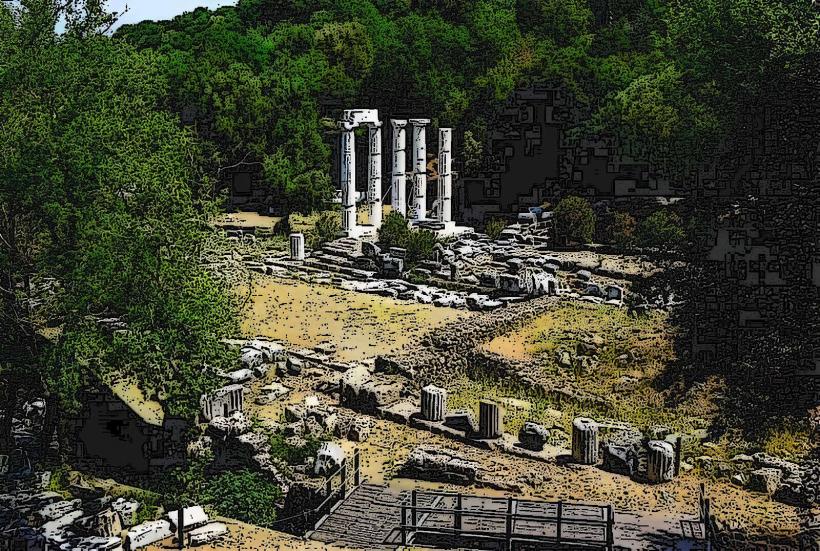Information
Landmark: Roman TheaterCity: Sandanski
Country: Bulgaria
Continent: Europe
Roman Theater, Sandanski, Bulgaria, Europe
The Roman Theater in Sandanski, Bulgaria, is one of the most important historical and archaeological landmarks in the town. It is an ancient Roman structure, which reflects the region's rich history dating back to the Roman period. The theater is an impressive testament to Roman architecture and cultural life in the Balkans during the Roman Empire.
Historical Background
- The Roman Theater in Sandanski was built during the Roman Empire, likely in the 1st or 2nd century AD, a time when the area was known as Slavyanopolis and was part of the Roman province of Thracia.
- Sandanski, and the broader region, was an important cultural and administrative center during this period, and the construction of the theater signifies the significance of the area in Roman times.
- The theater was part of a larger complex of Roman buildings, which included a forum, baths, and other public structures typical of Roman urban settlements.
Architectural Features
Seating Capacity: The Roman Theater is believed to have been able to accommodate around 3,000 spectators, which would have made it a medium-sized theater for its time. The seating arrangement would have provided an excellent view of performances and events held in the arena.
Semi-Circular Design: The theater follows the traditional Roman theater design, with a semi-circular seating area arranged in tiers. The structure is built into the natural terrain, with the rows of seats rising in a tiered manner.
Orchestra and Stage: The theater would have included an orchestra (the circular space at the base where actors performed) and a scena (the stage building), although only some ruins remain today. The orchestra was used for musical performances and dramatic plays, typical of Roman theater traditions.
Construction Materials: The theater is built using local stone and bricks, characteristic of Roman construction methods. The ruins still showcase the strength and durability of Roman building techniques, despite the wear of centuries.
Archaeological Significance
The ruins of the Roman Theater were rediscovered in the 20th century, and archaeological excavations have revealed a wealth of information about Roman entertainment culture in the region.
Artifacts such as coins, sculptures, and inscriptions found during excavations have provided insights into the people who used the theater and the types of events that may have taken place there.
The theater is part of the broader archaeological heritage of Sandanski and surrounding areas, offering a glimpse into the life of ancient Romans in this part of the Balkans.
Tourism and Preservation
Today, the Roman Theater in Sandanski is a popular tourist attraction, particularly for those interested in ancient history and Roman architecture. Visitors to the site can explore the remains of the theater and imagine the events that once took place there, from theatrical performances to public gatherings.
The site is located near the center of Sandanski, making it easily accessible to visitors. It is also part of a larger network of archaeological sites in the region, including Roman baths and fortifications.
The theater is relatively well-preserved, with ongoing efforts to protect and conserve the ruins. It serves not only as a historical site but also as a place for modern cultural activities, sometimes hosting performances, events, and concerts in the summer months, which allows visitors to experience the venue as it might have been used in Roman times.
Conclusion
The Roman Theater in Sandanski is an important cultural and historical landmark, providing a fascinating insight into the life of ancient Romans in the Balkans. With its impressive design and ongoing archaeological research, it remains one of the town's most treasured historical sites. Visitors can enjoy both its historical significance and modern cultural uses, making it a must-see location for anyone interested in Roman history and Bulgarian heritage.

